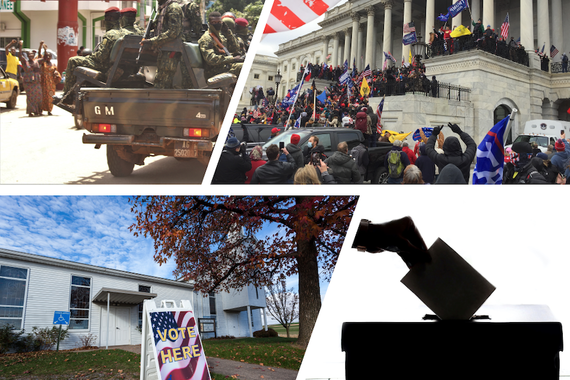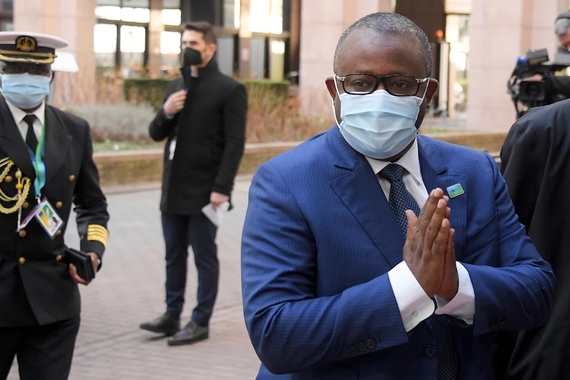Against Criminalization/Militarization
On Sunday, April 11, 2021, a police officer shot and killed Daunte Wright, a twenty-year old Black man, in broad daylight during a traffic stop in a residential neighborhood of Brooklyn Center.
Within hours, hundreds of people took to the streets, gathering at the scene of the killing and the Brooklyn Center Police Department. After sundown, the National Guard and Minnesota State Patrol, as well as local police in the surrounding neighborhoods, including the University of Minnesota Police (UMPD), were dispatched to pacify the crowd of protestors with tear gas, flash-bang grenades, and rubber bullets. President Joan Gabel issued a statement explaining that the UMPD is integral to the Hennepin County system of law enforcement called the West Command Task Force.
The city of 30,000 residents, just north of Minneapolis, turned into a garrison; the municipality and state are, in essence, the occupying authority. The show-of-force by the police state in Brooklyn Center confirms what we already know to be true, yet seldom acknowledge: the connection between criminalization and militarization that appears so crystal clear wherever and whenever the United States prepares for warfare -- at home and the world over -- to restore the peace. This is a country where encounters between Black people and agents of the state, roadside or otherwise - so often - turn lethal. Yet, “Don’t shoot” is not just a clarion call for racial justice to end the criminalization of the racialized poor and resolve the crisis of policing in this country. For those who are following the vision of Black internationalism and/or engaging in movement-building against empire and militarism, the scope of the problem, we know, is much wider and deeper. It is a reminder of brutality, specifically the role that police officers and soldiers play in maintaining the existing security arrangement devoid of considerations for the life and rights of ordinary human beings who are "deemed unworthy of protection" by the state. To paraphrase the words of the poet Andrea Razafinkeriefo (commonly remembered as Andy Razaf), "the trouble with the rhetoric of restoring the peace is that those defending the status quo would wreak havoc and deliver 'pieces' instead of Peace." It becomes the opposite of what the participants of popular rebellion against the police state are demanding today: rights to a truly committed human life - Peace.
Renée Ater, a scholar of American Art and a Provost Visiting Professor at Brown University, has already updated the tabulation of police killings that she started after Derrick Chauvin kneeled George Floyd to death on May 25, 2020. This is a contemporary accounting of what the anti-lynching crusader Ida B. Wells called “A Red Record,” a pamphlet she published in 1895, documenting the statistics and accounts of extrajudicial killings of Black people from 1892 to 1894 during the period of an ascendant Jim Crow racial order and U.S. continental imperialism.
Grief and anguish are unrelenting these days.
I write to express my condolences to the family and friends of Daunte Wright. Dear students: I write to tell you that we are here, if you need us.
Peace in the struggle,
Yuichiro Onishi
Associate Professor & Chair
Department of African American & African Studies
Core Faculty, Program in Asian American Studies


